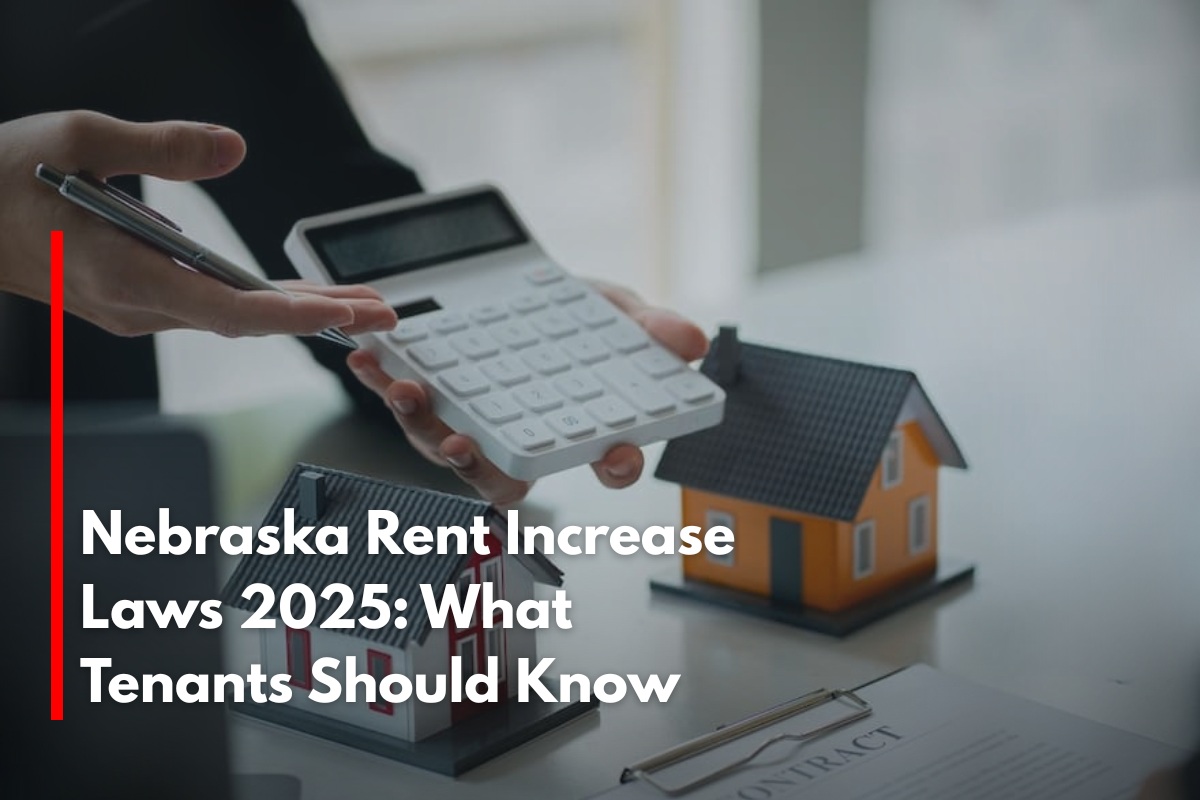Navigating rent increases in Nebraska in 2025 requires an understanding of state statutes and recent legislative changes. Here’s a comprehensive guide for tenants on what to expect and how to protect their rights.
No Statewide Rent Control
Nebraska remains a “landlord-friendly” state when it comes to rent control. There is no statewide cap on the amount landlords can increase rent each year. This means Nebraska landlords may raise rent by any amount, and as frequently as they wish, provided appropriate notice is given and the increase is not in retaliation or discrimination.
Recent legislation has also strengthened this stance: in 2025, local governments across Nebraska are prohibited from enacting their own rent control ordinances. This means whether you live in Omaha, Lincoln, or any other city in the state, there are no official rent caps at the city or county level.
Required Notice for Rent Increases
The most critical protection tenants have is the notice requirement. As of 2025, Nebraska law stipulates that:
Landlords must provide at least 60 days’ written notice before a rent increase takes effect.
Notice must be delivered by actual notice or by U.S. mail.
This rule applies to both month-to-month tenancies and fixed-term leases (if the lease allows increases during the term).
For fixed-term leases, landlords cannot raise rent mid-lease unless there is a specific clause in the agreement permitting such a change. Otherwise, the new rent can only be implemented after the lease expires and a new term begins.
A rent increase without proper 60-day notice is not legally enforceable; tenants cannot be made to pay the new higher amount until the notice period is met.
No Limit on Amount or Frequency—But Market Forces Apply
Although the law does not set an upper limit, practical considerations still apply. Landlords who raise rent excessively risk losing tenants, so market conditions often serve to moderate increases. Most landlords aim to keep units occupied and competitive with local rental rates.
Prohibited Actions and Tenant Protections
Retaliatory increases are illegal. Landlords cannot raise rent in response to tenants exercising legal rights (e.g., filing complaints or requesting repairs).
Discriminatory increases are prohibited. Landlords must follow federal and state fair housing laws.
All increases and terms must align with what is stipulated in the rental agreement, and landlords must adhere to any limitations outlined in the lease.
What if a Tenant Faces an Unlawful Increase?
Document everything: Tenants should keep written records of rent increase notices and any correspondence with the landlord.
Legal resources: Tenants can seek support from organizations such as Legal Aid of Nebraska if they believe the increase violates the law.
Dispute resolution: Unlawful increases or procedural violations can be challenged in small claims court.
Key Takeaways for Nebraska Tenants in 2025
Staying informed and proactive is the best way for Nebraska tenants to navigate rent changes and defend their rights in 2025.
Sources
[1] https://www.hemlane.com/resources/nebraska-rent-control-laws/
[2] https://www.steadily.com/blog/rent-increase-laws-regulations-nebraska
[3] https://update.legislature.ne.gov/?p=38320
[4] https://nebraskalegislature.gov/bills/view_bill.php?DocumentID=58918
[5] https://nebraskalegislature.gov/laws/statutes.php?statute=76-1490











